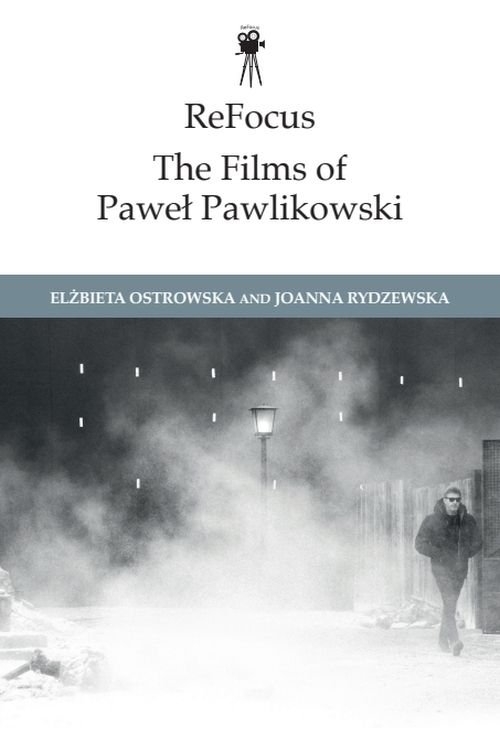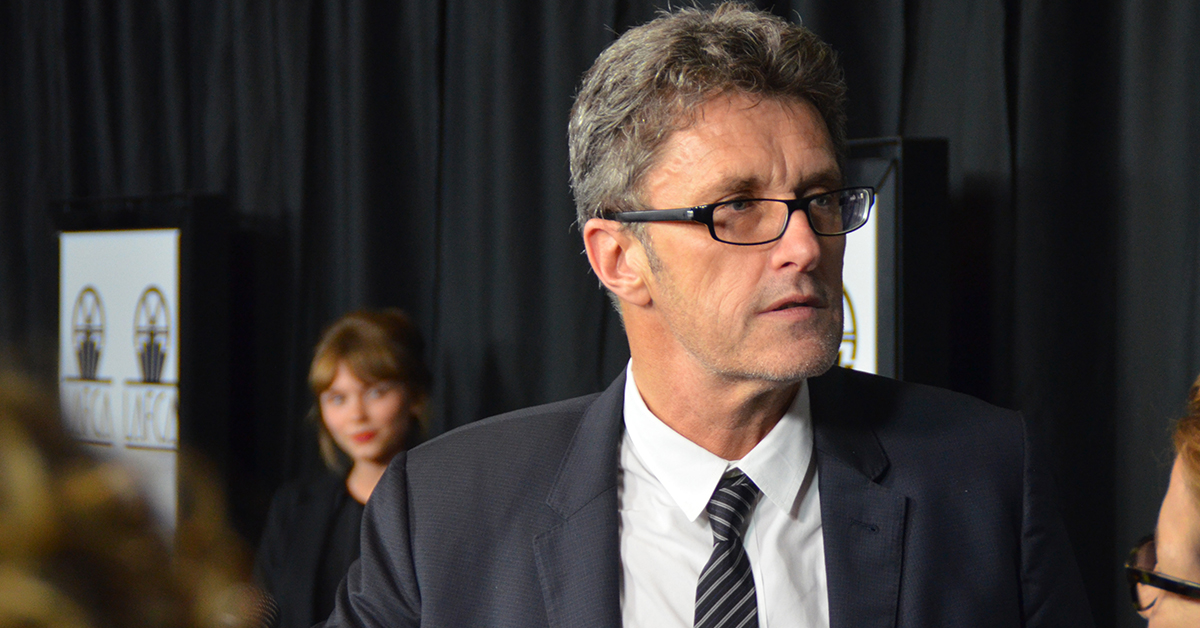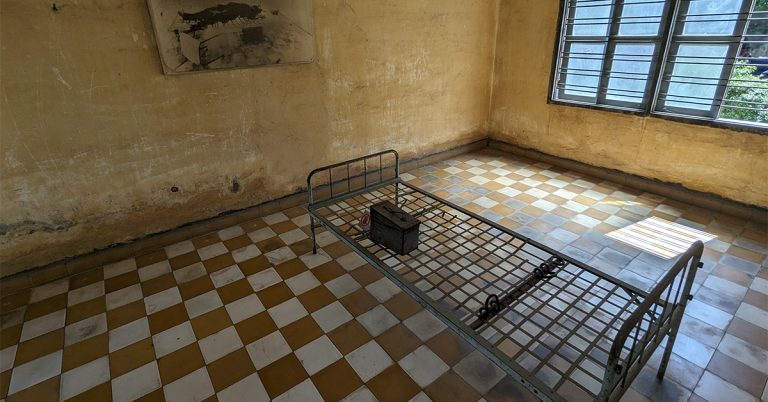
by Elżbieta Ostrowska and Joanna Rydzewska

The first book-length study of the oeuvre of Oscar-winning British-Polish director, Pawel Pawlikowski.
A Sneak Peek into ReFocus: The Films of Paweł Pawlikowski
‘God, how did I get here? I’ve made a film […] in black and white, about the need for silence and withdrawal from the world and contemplation. And here we are at this epicentre of noise and world attention. Fantastic! You know, life is full of surprises!’
So said Paweł Pawlikowski in his acceptance speech on the award of an Oscar for his film Ida (2013) in 20151. Although art cinema has always found its way to the red carpet at the Academy Awards, it now seems to walk with more confidence. The longstanding opposition between art and commerce remains valid, yet it no longer serves to establish cultural hierarchies, but rather to regulate film markets. The traditional concept of the film auteur is slowly yet consistently migrating from national art cinemas to transnational networks of film production, distribution and exhibition.
The cinematic career of the itinerant British-Polish director Paweł Pawlikowski, spanning nearly four decades and crossing various modes of cinema and production cultures, embodies these changes: throughout his professional activity, he has insisted on maintaining artistic autonomy, which was first accommodated within the liberal model of film production developed by the BBC, and later within the transnational European film industry. His surprise at his art film winning the accolade it did at the centre of commercial cinema, Hollywood, can be seen as evidence of the remarkable longevity of art cinema and of the equally astonishing successful alliance between art and commerce that defines the contemporary film industry. Furthermore, it demonstrates that, despite Roland Barthes’ assertions many years ago, the author in the context of film is most definitely not dead. Rather, Pawlikowski’s work demonstrates the ever-changing concept of film authorship and its peregrination across various sectors of the film industry and film culture.
Born in Poland in 1957, Pawlikowski migrated to the UK at the age of fourteen in 1971. Later, he spent time in Germany and Italy. He obtained his undergraduate degree at Queen Mary University of London before embarking on a PhD at Oxford, which he did not complete. In 1986, Pawlikowski joined the BBC, where he worked for eighteen years. Initially focusing on documentary films, he later transitioned to fiction films, completing five for the BBC, with his final one being My Summer of Love in 2004. After a seven-year hiatus due to a family situation, he resumed filmmaking in 2011, shifting to European and national co-production frameworks for funding. In 2012, he decided to make his first film in Poland. To date, he has directed two films there: the first, Ida, received the Oscar, and the second, Cold War (Zimna wojna), released in 2018, earned him the Best Director Award at Cannes.
While Ida and Cold War have attracted critical attention, Pawlikowski’s documentaries and early fiction films remain relatively obscure, with limited scholarly study. The Films of Paweł Pawlikowski, the first book-length study of the director’s films and career, seeks to fill this gap. The aim of this book is twofold. First, it provides the first comprehensive introduction to Pawlikowski’s entire body of work, situating it within the context of his biography and the various production models he has engaged with. Second, we use Pawlikowski’s case to contribute to the theory of authorship, a conceptual framework often considered outdated yet still highly relevant in contemporary global production contexts. As demonstrated throughout the book, Pawlikowski has adeptly balanced maintaining and developing his authorial voice with flexibility and persistence within the neoliberal economies that shape the modern film industry.
The monograph is grounded in the theoretical framework of cinematic authorship, contextualising it within production studies and transnational cinema studies. While acknowledging the potential limitations of the Romantic notion of the author, we employ contemporary reinventions of this concept to analyse Pawlikowski’s oeuvre. […] In successfully navigating the realms of both art cinema and the contemporary film industry, we argue, Pawlikowski embodies the model of what we call ‘neoliberal authorship’, a hallmark of modern cinema.
Despite working within various production frameworks and cinematic modes, Pawlikowski has consistently explored themes such as migration, displacement, and border-crossing, which resonate with his own transnational journeys. Throughout his cinematic career, he has explored the complex issues related to belonging, often highlighting the poignant theme of an absent or lost home. […]
Pawlikowski’s thematic exploration of the journey resonates through his cinematic peregrination across the diverse landscapes of European art film. His work weaves a rich and intricate mosaic of cinematic influences, reflecting his engagement with various styles and visual languages. In this way, Pawlikowski not only fashions a distinctive cinematic vision but also invites audiences to experience a voyage across the spectrum of European cinema.
About the authors
Elżbieta Ostrowska, PhD, is an Associate Professor at the Department of Film and Audiovisual Media at the University of Łódź, Poland. Her most recent book is ReFocus: The Films of Agnieszka Holland (2024). Her articles have appeared in Slavic Review, Studies in European Cinema, and Holocaust and Genocide Studies.
Joanna Rydzewska is Senior Lecturer in Film and TV Studies at Swansea University, UK. Her research focuses on European and Eastern European cinema with particular emphasis on exile, migration and transnational film studies. She has published in Studies in European Cinema, Journal of British Cinema and Television, and Critical Studies in Television.
1Ida won the Academy Award for Best International Feature Film (known as Best Foreign Language Film prior to 2020).






